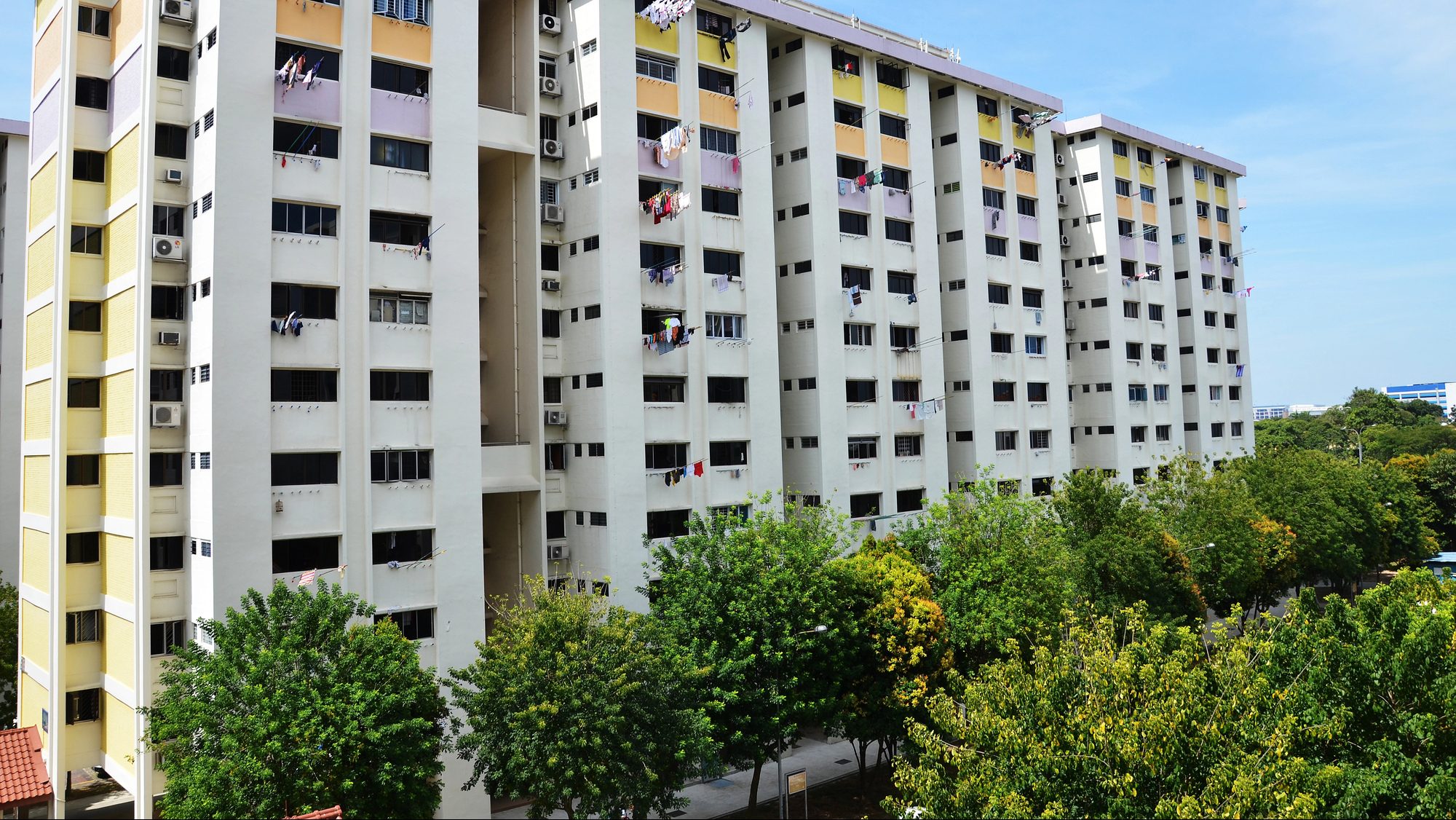SINGAPORE: In today’s challenging housing market, many renters are finding a clever workaround — investing in properties outside their expensive cities while continuing to live in their rental apartments.
This strategy, known as “rentvesting” allows individuals to build equity without sacrificing their current lifestyle.
The appeal of ‘rentvesting’
A South China Morning Post (SCMP) report states that as home prices soar—up over 51% since pre-pandemic levels, with median starter home prices reaching $250,000—many prospective buyers are left feeling priced out.
According to Danielle Hale, chief economist at Realtor.com, this trend makes sense for renters who have extra cash but wish to remain in high-cost areas.
Instead of buying a home in an unaffordable market, they are looking to more budget-friendly regions where their savings can go further, allowing for a substantial down payment.
New wave of homeownership
Take Cole Flynn, for example. A Long Island renter in his early 20s, Flynn co-owns a townhouse in Tampa, Florida, with two friends.
They leveraged their bonuses and partnered with Nestment, a company that helps first-time buyers navigate the market, to purchase the property for $357,000 last year.
Flynn shares, “We’re building equity in a home right now before we turn 25,” something he thought was impossible given New York’s sky-high prices.
With an expected 16% annual return on their investment—factoring in rental income and property appreciation—Flynn and his friends are reaping the benefits of this innovative approach to homeownership.
Rising trends among small investors
The trend is gaining momentum nationwide. Small investors—those owning up to 10 properties—accounted for nearly 63% of investor purchases earlier this year, according to Realtor.com.
This marks a significant shift, with more individuals seeking creative ways to enter the real estate market.
Challenges of remote property management
However, rentvesting isn’t without its challenges. Managing a rental property can be demanding, especially from afar.
As rent prices stabilize in some areas and operational costs rise—like homeowners’ insurance—landlords must be prepared for the realities of property management.
Flynn and his friends handle maintenance through Taskrabbit, ensuring that their first tenants, who signed a one-year lease, have a smooth experience.
Renting in Singapore
A Reddit user said that young Singaporeans do this to “Live with parents in their landed property to benefit from the spacious environment and save on the expenses of hiring a helper while renting out their BTO for extra income.”
Likewise, Today Online recently highlighted an ERA Realty White Paper highlighting a significant trend — the increasing number of young Singaporeans, particularly those aged 26 to 35, investing in new private properties.
This shift is primarily attributed to rising incomes and the desire of these young buyers to circumvent the age and income restrictions associated with acquiring new public flats.
Many young Singaporeans believe that purchasing private property is a valuable investment.
A real estate expert pointed out that while property prices have risen in line with income growth, additional factors influence this trend.
Notably, compared to public flats, the greater availability of condominiums launched in recent years may also be crucial in driving this shift toward private property ownership.
As the housing landscape evolves, aspiring homeowners must embrace innovative strategies like rentvesting to achieve their dreams.
This approach allows them to build equity and helps them stay connected to the vibrant urban lifestyles they love.
As it is, creativity is key in a market where traditional pathways to homeownership have increasingly become difficult.

